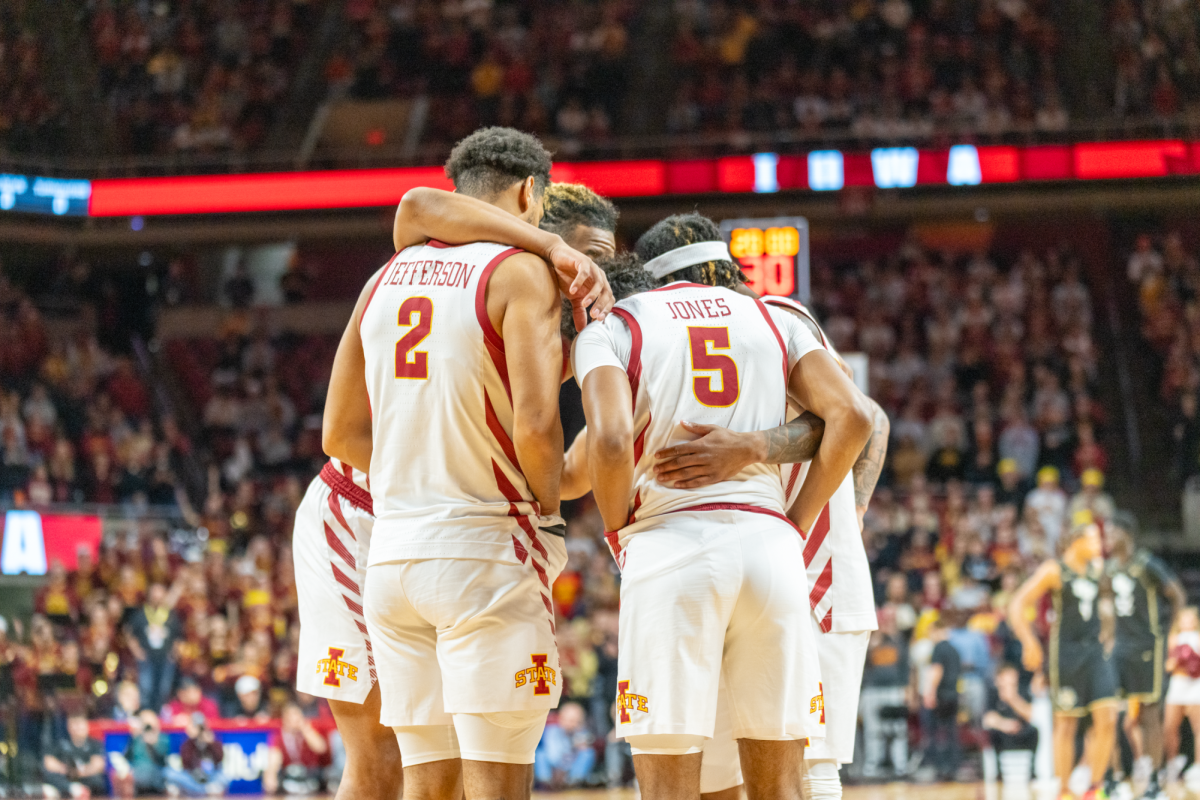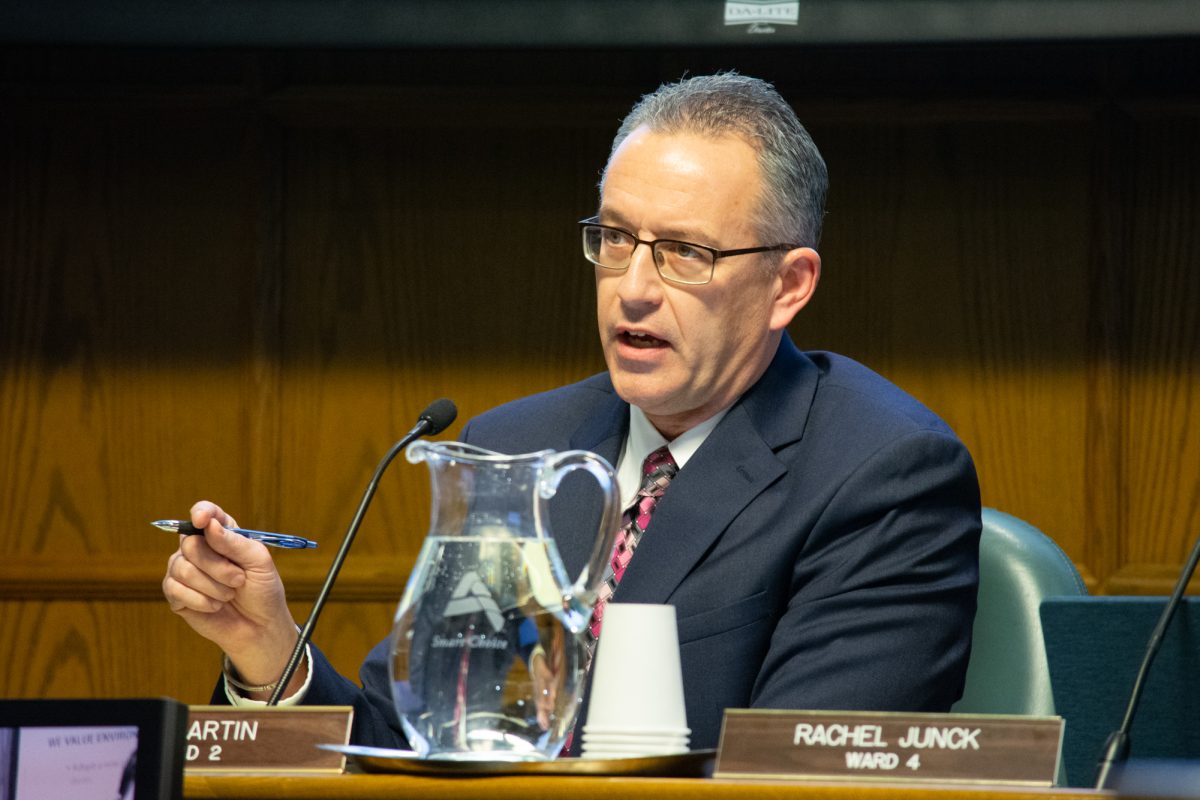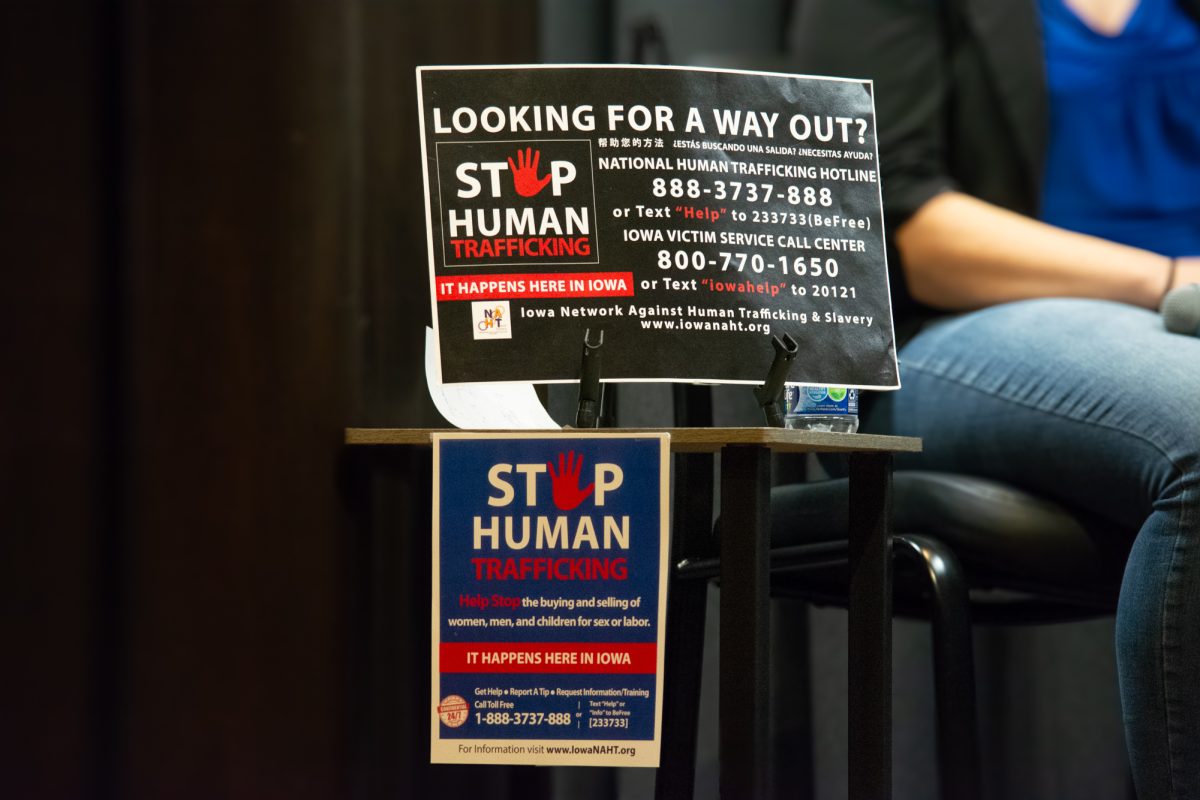Greek’s prime minister to quit in deal to salvage bailout package
November 6, 2011
Greek Prime Minister George Papandreou will step down as his government’s leader, the country’s president announced Sunday night — agreeing to do so on the condition that the controversial 130 billion euro bailout deal is approved.
The announcement comes after Papandreou met with Antonis Samaras, the head of the New Democracy party, Greece’s leading opposition party. The two will meet again Monday to discuss who will become the nation’s next prime minister as well as who will serve in the new government, according to the statement from President Karolos Papoulias.
The decision appears to close one chapter in Greece’s tumultuous political and economic saga, as Papandreou had become a lightning rod for critics for his leadership of the south European nation as it tackles a prolonged financial crisis.
It also paves the way for passage of the agreement that he negotiated October 26 with European leaders. That deal wipes out 100 billion euros in Greek debt (half of what it owes) and a promise of 30 billion euros to help the public sector pare its debts, making the whole package worth a total of 130 billion euros ($178 billion).
But Greece’s economic turmoil is far from over. The bailout — the second that it has received from the European Union and International Monetary Fund — should be accompanied by more major government cutbacks, and comes at a time when Greece’s financial system and the global economy continue to struggle.
Though Greece ranks 32nd in terms of gross domestic product, experts say it wields a disproportionate influence on world markets. Economists fret that a Greek default could drag down larger European economies, in particular those of Italy and Spain, as well as struggling Portugal and Ireland.
That’s why world markets were on edge Sunday, hoping for some resolution of the domestic political battle. European leaders have said they want Greece to be one of the 17 nations that use the euro, though they’ve said that saving the common currency is more important.
Within Greece, the bailout’s passage would be a significant victory for Papandreou. Repeatedly in recent weeks, he has insisted that it needs to be approved — signaling that he’d be willing to exit as prime minister, a job he has held since 2009, as long as that happens.
Earlier Sunday, Greece’s president met ahead of a Cabinet meeting with all party leaders — including Papandreou, who heads the socialist PASOK party, and Samaras.
“I can sense the agony of the Greek people,” Samaras said before the meeting. “Everybody has to act responsibly now and send a message of stability abroad to the people of Europe and the people of our country too.”
“I agree completely with your words,” Papoulias said. “We should give an end to this sense of insecurity and instability. We should give answers to the questions: where are we going and what are we doing? We are all responsible for that.”
Finance Minister Evangelos Venizelos is likely to remain in his post as finance minister in a new government, sources told Greek television. Candidates for the prime minister’s job include Petros Moliviatis and Loukas Papaimos, according to Greek television.
The new government will have a life of four months, according to Greek television, citing sources, and elections will be held in early spring.
On Monday — in addition to a meeting between Papandreou and Samaras — the Greek president will hold another meeting open to heads of all Greece’s political parties.
CNN’s Diana Magnay, Jim Boulden and Andrew Carey in Athens and Matthew Chance and Hada Messia in Rome contributed to this report.






